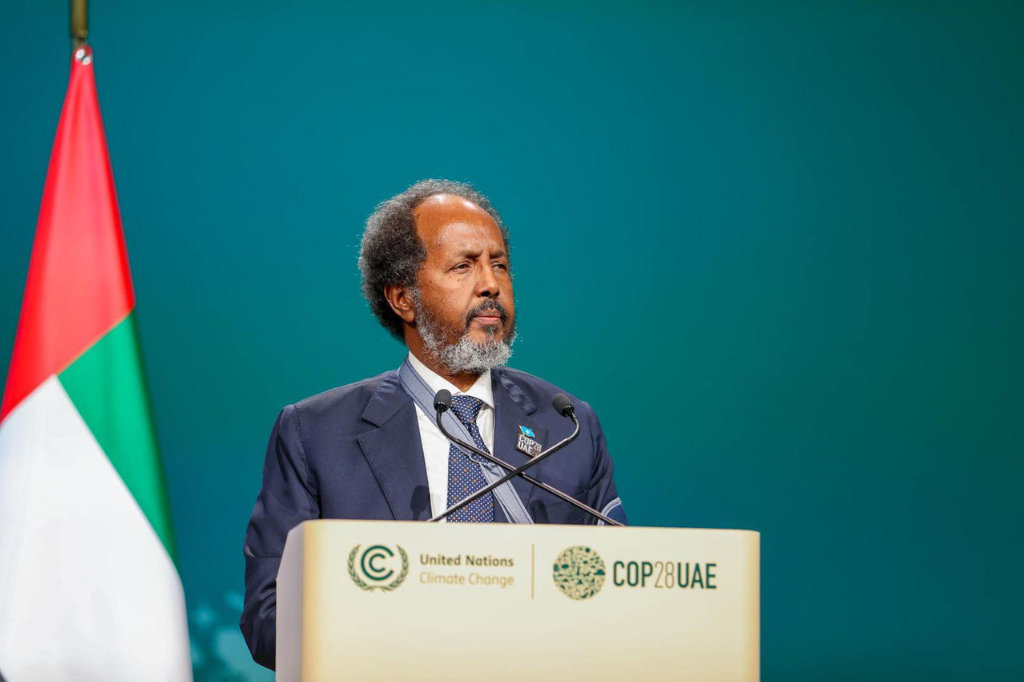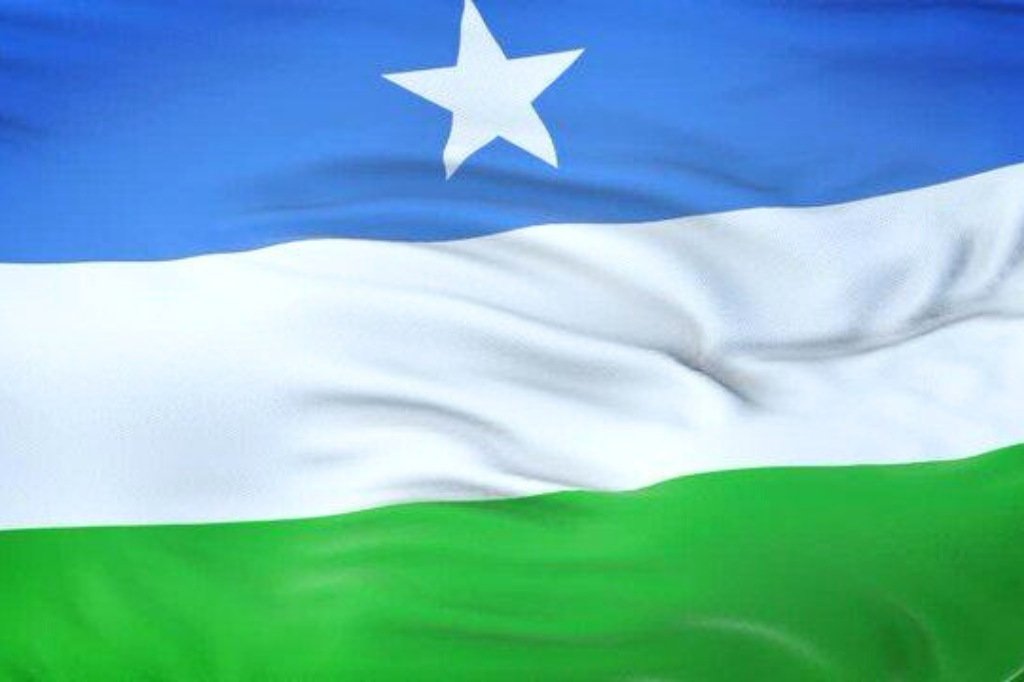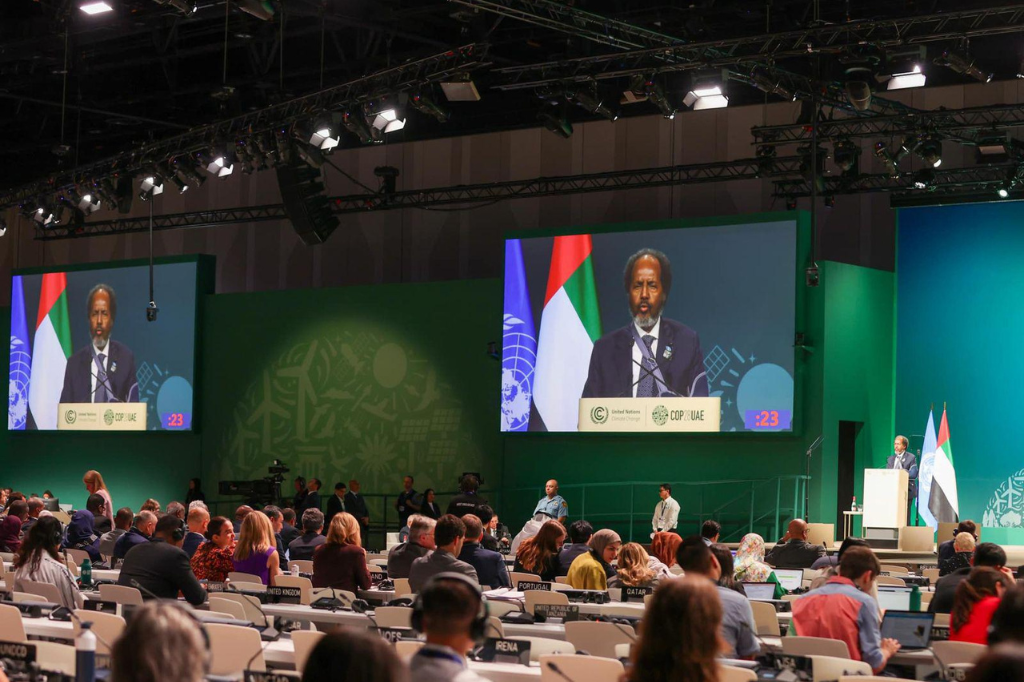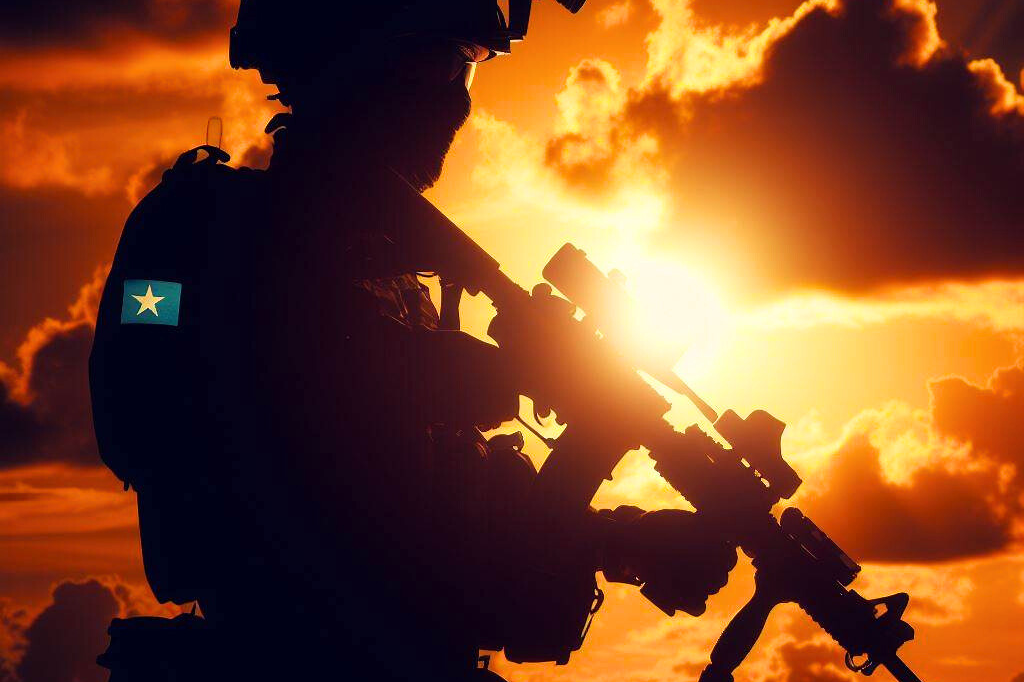
Somalia at COP28, What Is the Agenda?

The annual global climate summit has commenced this week in Dubai, bringing together leaders from across the world to deliberate on the pressing issues of our time; climate change and its associated crises. The stakes are high, and over the next two weeks, critical discussions will take place in response to the ever-growing climate-induced threats.
This year, as fate would have it, the summit begins at a time when Somalia is facing its most severe crisis in four decades. Having barely recovered from a devastating drought that pushed the nation to the brink of famine, Somalia is now grappling with flash floods crisis of unparalleled magnitude.
Over one million people have been displaced, and close to 100 lives have been lost, the majority being children and women. It has also left hundreds of thousands of people lacking shelter and food. This is an unprecedented and the situation demands immediate intervention.
The enormity of the crisis is further intensified by the extreme weather events and escalating climate shocks, disproportionately affecting Somalia’s vulnerable population. Non-economic losses induced by these climate change-driven hazards add another layer of complexity, heightening the risks associated with climate security.
The current government must prioritise diplomatic engagements because Somalia’s nascent institutions cannot tackle climate-induced crisis in isolation as substantial financial and technical support from its international partners is necessary. Today, the avenue to securing this support lies in assertive diplomacy during COP28 and at similar climate conferences.
Somalia at COP28
While the current government has demonstrated commendable efforts in terms of coordination and preparation, the urgency now is to escalate their engagement during these critical two weeks. Placing Somalia at the heart of global discussions is imperative, ensuring that the world acknowledges and responds to the nation’s plight.
The focus should extend beyond a plea for support; it should evolve into a demand for climate justice, recognising Somalia’s struggles as integral to the larger discourse.
Compounded by the constraints of time, It’s understandable that engaging in multifaceted forums at COP28 can be daunting. However, the Somali delegation, led by the President, must not only engage in meetings with global leaders, but also ensure that Somalia’s current state is not just seen but heard.
This demands strategic approaches to negotiations. The FGS delegation and negotiators must prioritise the next two weeks to two things: First, showcasing Somalia’s commitment to combating the climate crisis and second, must shed light on the multifaceted crises ravaging the country, emphasising that the very fabric of Somalia’s economic development and prosperity is at stake risking important strides made by the country in its post-conflict era.
Intended for climate issues, the delegation must leverage this important platform to drive home the message that Somalia’s struggle is not isolated but reflective of the broader global challenge. Furthermore, Somalia’s case at the summit should echo as a call for urgent and comprehensive action grounded not just in humanitarian aid, but in supporting the fragile institutions of Somalia.
The following two weeks, Somalia’s delegation and negotiators must prioritise achieving tangible results with a sense of urgency. Reflecting on the state of the country and the urgent need of collective response, the delegation must send strong message that Somalia’s population cannot live in between crisis. And that Somalia needs tangible commitments not just pledges.
- Tags: climate change, COP28, Somalia
Mahbub Mohamed Abdillahi
Related News




Somalia’s Single-Use Plastic Bag Ban Was Long Overdue

Election in Puntland: A Historical Overview


Somalia at COP28 Recap: Key Highlights and Outcomes

Breath of Fresh Air: The Force Behind Mogadishu’s Newfound Security

